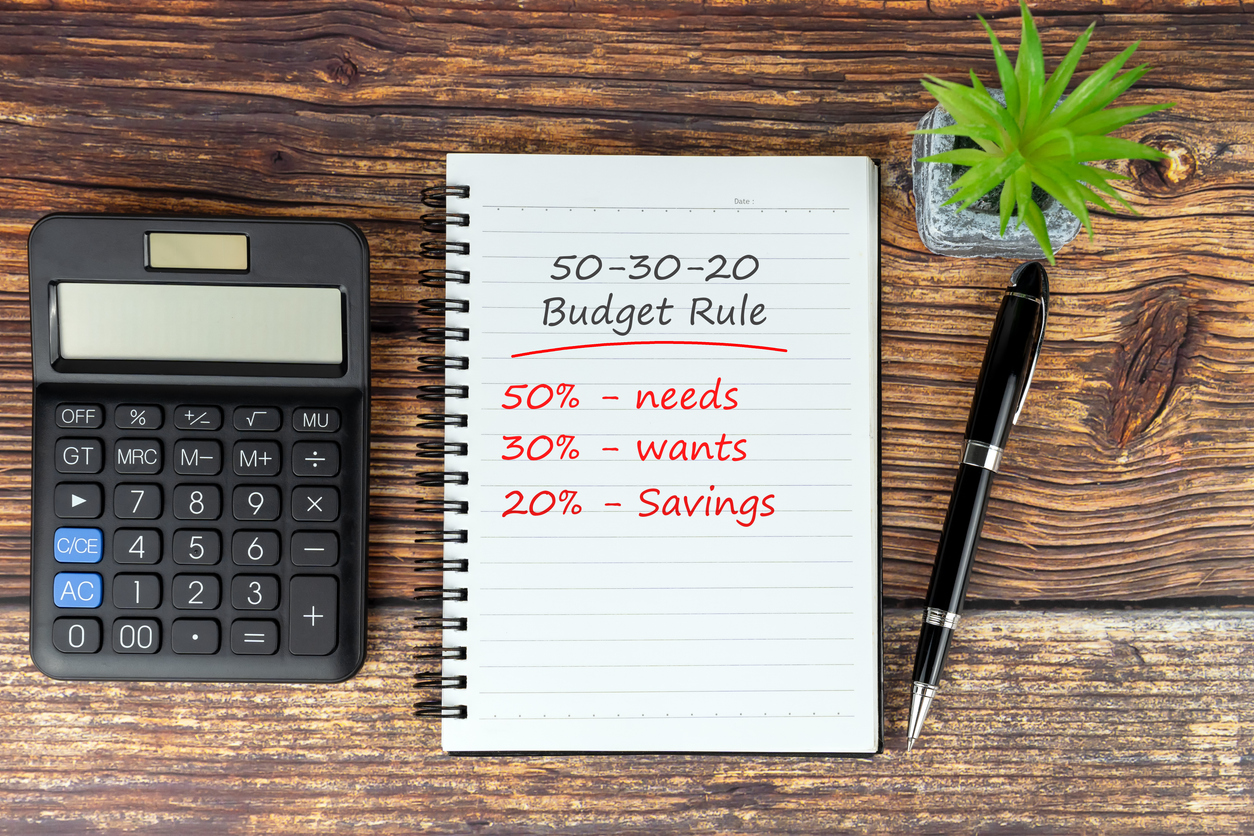Elizabeth shares some top tips on how consumers can avoid greenwashing. Unsure of what greenwashing means in practice? Read on to find out more.
With awareness of the negative impact of climate change on the rise, consumers are increasingly looking for ways to make sure they’re being eco-friendly. Companies around the world are also trying to cater to this desire for sustainability – and it’s not always for the right reasons.
Whilst some businesses genuinely care about the environment and want to change for the better, others simply see this as another opportunity for profit. It can be hard to separate the truth from the lies when it comes to eco-credentials, especially if you take a brand at face value from what’s written on their website. Here, we take a look at what the term greenwashing means, and give you some top tips to help you avoid it.
Top Tips For Consumers Looking To Avoid Greenwashing
Sustainable Living | 28th May 2022 by Elizabeth Long
Elizabeth writes for Yoppie.com, sharing some top tips on how consumers can avoid greenwashing. Unsure of what greenwashing means in practice? Read on to find out more.

With awareness of the negative impact of climate change on the rise, consumers are increasingly looking for ways to make sure they’re being eco-friendly. Companies around the world are also trying to cater to this desire for sustainability – and it’s not always for the right reasons.
Whilst some businesses genuinely care about the environment and want to change for the better, others simply see this as another opportunity for profit. It can be hard to separate the truth from the lies when it comes to eco-credentials, especially if you take a brand at face value from what’s written on their website. Here, we take a look at what the term greenwashing means, and give you some top tips to help you avoid it.
What is greenwashing and why is it problematic?
The phrase greenwashing refers to when companies give a false impression about how sustainable their products or businesses are. For example, it may be that they call themselves a green business, but then their products arrive wrapped in single-use plastic. Or, they state that their products can help the planet without any evidence at all.
This can be extremely misleading for consumers, and make it difficult for them to make sustainable choices. In fact, 83% of consumers feel misled by sustainability buzzwords. It can lead to brand distrust, and harm other brands’ reputations and chances as well, as buyers become unsure about whether they’re telling the truth.
It can also affect how the public engages with sustainability. If they feel confused and unable to make sense of eco-friendly ideas, then they may just ditch the eco-credentials altogether, and avoid looking at them in the future. This is particularly true for terms like ‘natural’, which gives the impression of being good for the environment but as a description, is in fact unregulated, so it means a product doesn’t have to fit specific criteria by which they are bound.
Tips To Avoid Greenwashing
1 Make sure to do your research
It might not be the quickest way to fact check, but one of the only ways that you can be entirely sure that a brand you’re buying from is truly trustworthy is to do your research before you buy.
Whilst it’s not yet mandatory worldwide, the UK government has recently passed changes that require large businesses to fully disclose their environmental impact. It may be that this becomes more common, and it would certainly help when it comes to easily finding information about a company’s eco-credentials.
Until then, you can look out for sustainability policies on a company’s website, rather than just looking at the labelling on their products. Asking friends and family about companies that they would recommend or reading reviews can also be a good way to understand how the company operates.
2 Use an online tool to check out companies
If you want to avoid reading through pages and pages of policy documents, then using an online checker tool can be a good way to see how a company is really doing. Tools like Impaakt allow you to investigate a specific business – it gives them a score ranging from -5, which denotes a negative impact, to +5, which is a positive impact. It also shows you how many of the UN’s Sustainable Development Goals are being met so that you can make an informed decision about making a purchase.
The website also shows you the latest sustainability news about the company and offers the opportunity for users of Impaakt to leave a community impact analysis, which feeds into the company’s overall score.
Tools like Impaakt don’t cover every company in the world, but they do cover some of the major players, who might be more interested in greenwashing to remain competitive. Hopefully, the invention of tools like this will also push companies to become genuinely sustainable, to avoid the risk of being called out online for fake information. Whilst ideally a company would go green because it’s the right thing to do, holding them accountable may be the driving force behind change.
3 Look for certified stamps of approval
While researching can be a great option if you’re shopping online, it does take time. If you’re out and about or are simply in a rush, then you’re more likely to want to make a snap decision about what’s in front of you.
Looking for an official certification can be a good way to cut through any greenwashing claims. This is because companies are required to follow strict criteria in order to use any regulated terms, rather than just being able to add them as a marketing ploy. A few of the most common ones are:
- B Corp. This covers a wide range of sustainability issues, which are split into the categories of governance, workers, community, environment and consumers. Companies are assigned an analyst, so it’s not just a case of uploading evidence and having to score 80/200 to be certified.
- Climate Neutral. This certification ensures brands are actively supporting climate change solutions, and decreasing their global carbon emissions. It also shows that the company is managing how much carbon they are producing, rather than simply paying to offset it.
- Forest Stewardship Council. An FSC certification focuses on wood, paper and other products that are created from trees. FSC products come from sustainably managed forests, and there are several different stamps of approval depending on the product, so don’t be worried if the wording is slightly varied.
- Leaping Bunny. This programme shows the consumer that there is no animal testing involved with a product, and is usually seen on cosmetic, skincare and household products.
To sum up
Greenwashing can have a harmful effect on consumer trust, and it can be difficult to root out the truth easily. Sharing information with friends and family once you’ve found a truly sustainable brand can mean that others find it easier to be eco-friendly, and the planet will thank you for it.
It’s unlikely that brands or you will get it right every time, but by making informed decisions and looking for official certifications, you can be assured that you’re doing your part.
Share this post:
Hear from Solo Living now and then by signing up to our mailing list



















